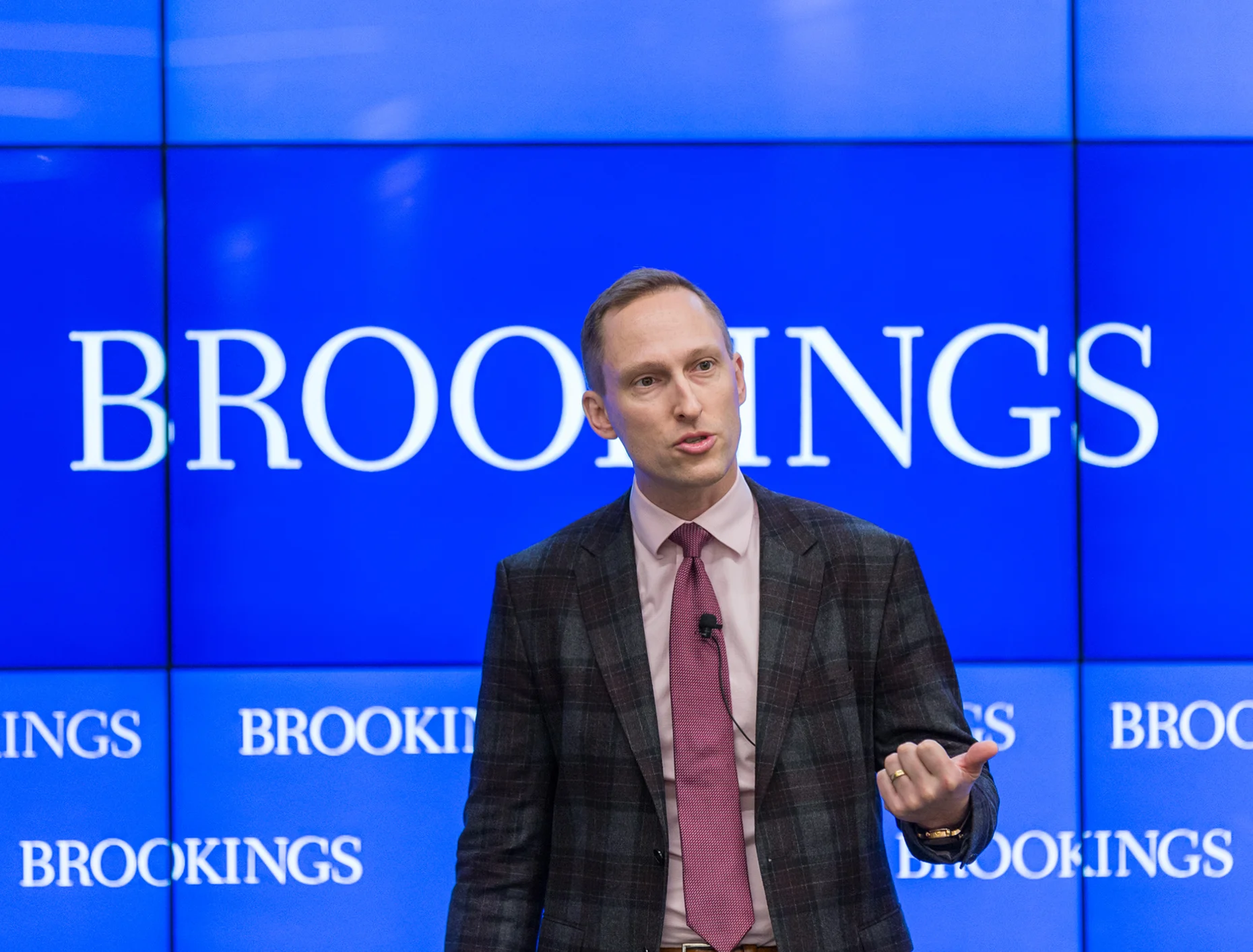1
Decreased Prosociality in Restaurants Following Mass Shootings in
America
Lamar Pierce1
Washington University in St. Louis
Daniel Snow
Brigham Young University
Andrew McAfee
Massachusetts Institute of Technology
June 8, 2016
Abstract (175 words): Mass shootings are frequent tragedies in the United States. The direct
impact of such tragedies to victims and bystanders through death, injury, and trauma is clear,
yet existing research suggests that they can produce more widespread changes to human
behavior. This paper provides the first large-scale field test of potential changes in prosocial
behavior by customers and employees in firms following mass shootings. Using two years of
transaction data from 1152 restaurants in 46 states, we show subtle decreases in local tipping
directly following nine mass shootings that collectively reduce wages by millions of dollars.
Geographically distant restaurants suffer smaller decreases, but local effects extend 250
miles. The largest tip decrease appears after the deadliest shooting?Sandy Hook
Elementary. Furthermore, tipping returns to pre-tragedy levels after one week. We present
evidence that these tipping decreases are more likely a function of changes in consumer
generosity than reduced customer service. Although we cannot isolate the mechanism
behind these results, they are consistent with changes in customer affect shown in previous
research to result from violent tragedy.
Keywords: Violence, prosocial behavior, tragedy, generosity, retail, tipping
Decreased Prosociality in Restaurants Following Mass Shootings in
America
Lamar Pierce1
Washington University in St. Louis
Daniel Snow
Brigham Young University
Andrew McAfee
Massachusetts Institute of Technology
June 8, 2016
Abstract (175 words): Mass shootings are frequent tragedies in the United States. The direct
impact of such tragedies to victims and bystanders through death, injury, and trauma is clear,
yet existing research suggests that they can produce more widespread changes to human
behavior. This paper provides the first large-scale field test of potential changes in prosocial
behavior by customers and employees in firms following mass shootings. Using two years of
transaction data from 1152 restaurants in 46 states, we show subtle decreases in local tipping
directly following nine mass shootings that collectively reduce wages by millions of dollars.
Geographically distant restaurants suffer smaller decreases, but local effects extend 250
miles. The largest tip decrease appears after the deadliest shooting?Sandy Hook
Elementary. Furthermore, tipping returns to pre-tragedy levels after one week. We present
evidence that these tipping decreases are more likely a function of changes in consumer
generosity than reduced customer service. Although we cannot isolate the mechanism
behind these results, they are consistent with changes in customer affect shown in previous
research to result from violent tragedy.
Keywords: Violence, prosocial behavior, tragedy, generosity, retail, tipping
Fehr and Hoff (2011) note that the increased prosociality after conflict
and violence found in the existing empirical literature is almost always directed toward in-group
members after experiencing out-group violence, suggesting that observed increases may result from
psychological mechanisms of strengthened group identity and favoritism (Choi and Bowles 2007).
Consequently, prosociality increases found in experimental and social settings might not apply in
retail and service contexts where the majority of interactions are between strangers.
and violence found in the existing empirical literature is almost always directed toward in-group
members after experiencing out-group violence, suggesting that observed increases may result from
psychological mechanisms of strengthened group identity and favoritism (Choi and Bowles 2007).
Consequently, prosociality increases found in experimental and social settings might not apply in
retail and service contexts where the majority of interactions are between strangers.
